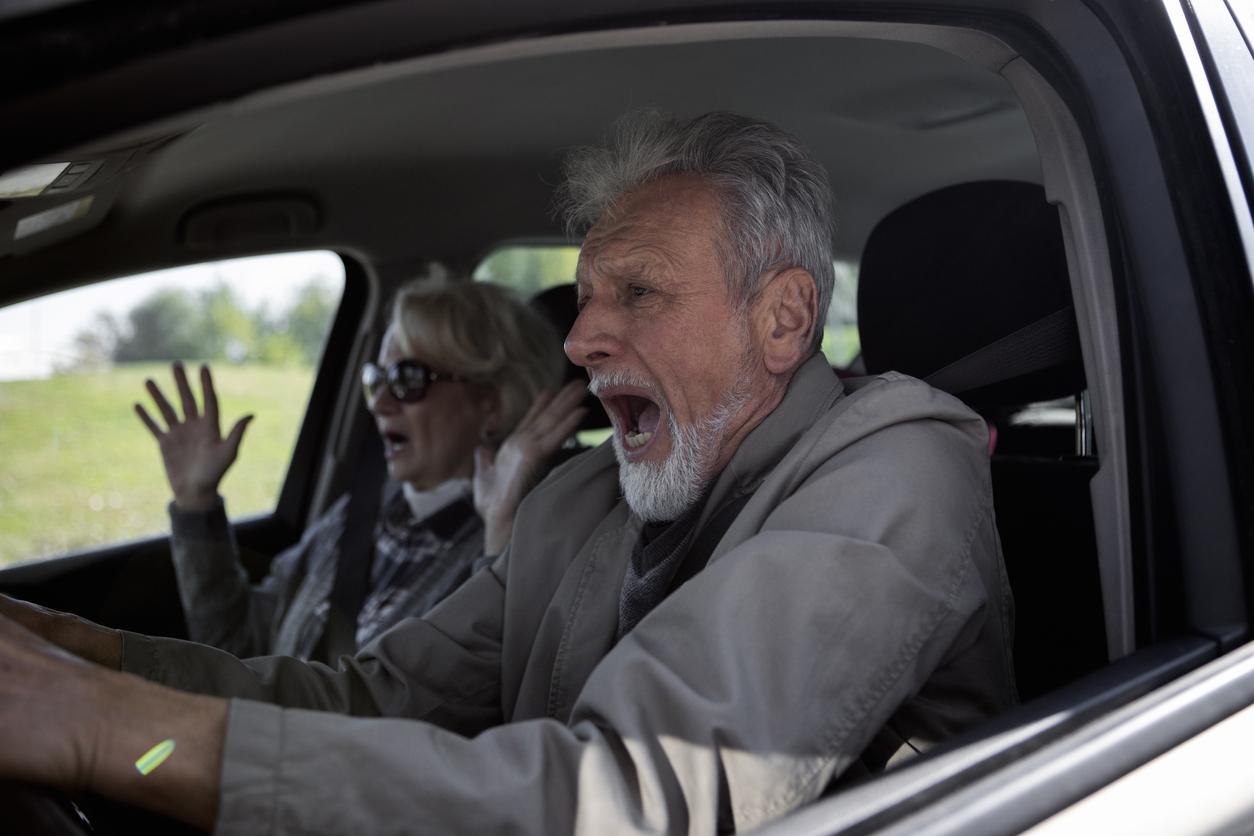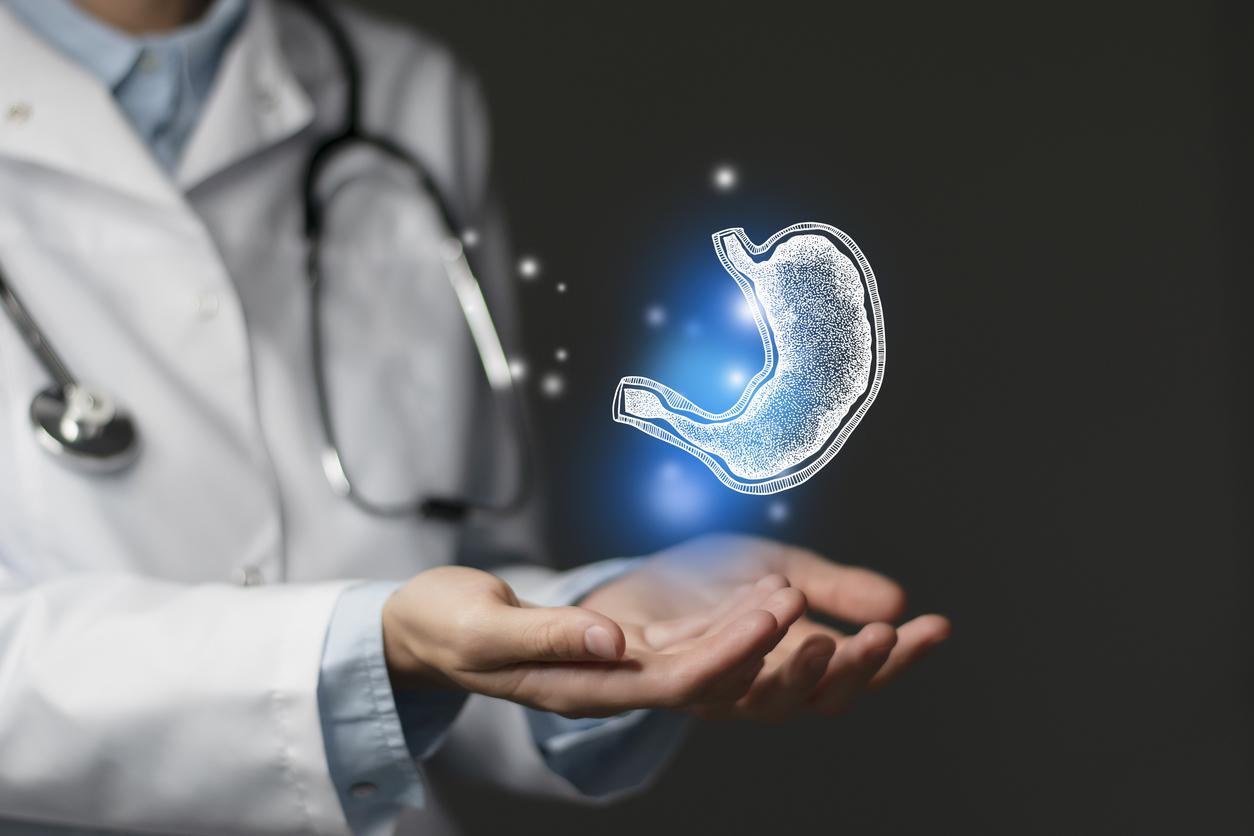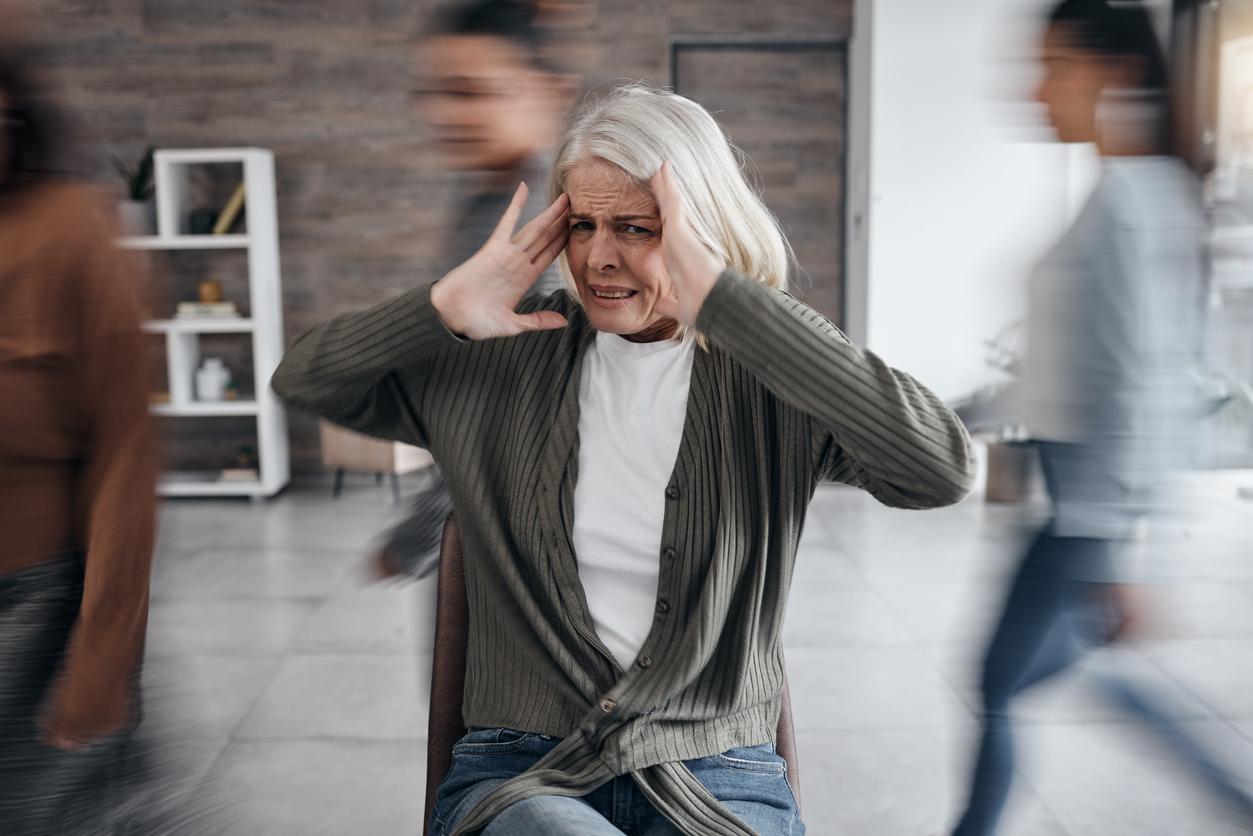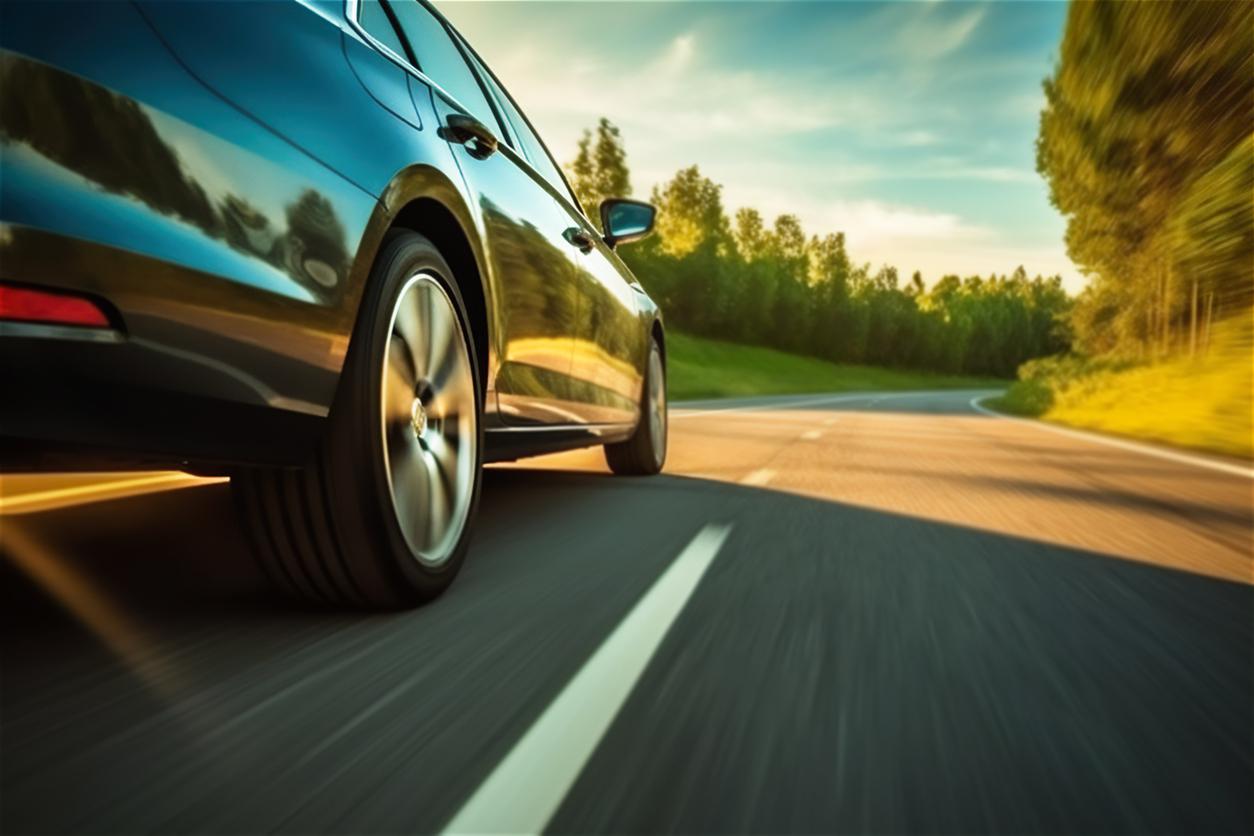Senior motorists who use psychoactive substances such as alcohol or drugs are two to four times more likely to be responsible for a road accident, which is much more than young people.

- In this study, the research team examined national road traffic data in the United States between 2010 and 2018, to determine the impact of substance use on road safety.
- The team calculated the relative accident involvement ratios: for people aged 70 to 79, it was 1.17; but, more than double (2.56) for drivers over 80 years old.
- It was relatively low among drivers aged 20 to 69.
The consumption of psychoactive substances (alcohol, drugs) among older drivers increases the likelihood that they are responsible during an accident by two to four times, according to a new study carried out by several American universities. For the latter, the researchers analyzed nine years of national road traffic data in the United States. Their results were published on April 27 in the journal Traffic Injury Prevention.
Although older motorists are less likely to report using these substances, this research found that of a sample of 87,060 US drivers involved in two moving vehicle crashes, more than a third of those over the age of 70 tested positive.
7,500 dead and 200,000 injured among senior drivers in the United States
In 2020, of the nearly 48 million licensed drivers age 65 and older in the United States, about 7,500 died in crashes while nearly 200,000 were injured. “In general, older drivers are at high risk of being responsible for a fatal car accident, this is particularly the case when under the influence of alcohol or drugs”says lead author Dr. Satish Kedia, a professor in the Division of Social and Behavioral Sciences at the School of Public Health at the University of Memphis in the United States, in a communicated.
In this study, the research team examined data from the National Highway Traffic Safety Administration’s Death Analysis Reporting System between 2010 and 2018, to determine the impact of substance use (alcohol , cannabinoids, stimulants, narcotics, depressants, and hallucinogens) on the likelihood that drivers are responsible for a fatal crash on U.S. public roads, with a focus on senior motorists.
In total, out of 43,530 pairs of collisions involving two moving vehicles, substance use was reported in 42% of the drivers involved in these incidents, of which 1,978 were adults aged 70 and over, 1,454 were over 80 years old.
Alcohol or drugs on the road: the older you are, the greater the risk
The team calculated the relative accident involvement ratios for each category of illicit substances and drugs. For people aged 70 to 79, it was 1.17; but, more than double (2.56) for drivers over 80 years old. It was relatively low among those aged 20 to 69.
The study found that the use of psychoactive substances, in general, disproportionately increased the likelihood of being at fault in a crash, regardless of the age of the driver.
Regression models – even after adjusting for driver gender, road gradient, weather, lighting conditions, distraction and crash speed – revealed that older drunk drivers were twice as likely to be responsible for fatal crashes.
Road safety: awareness campaigns must be more adapted to seniors
Some of the key takeaways from the study include the need for impaired driving risk awareness campaigns tailored to older adults. “These campaigns have been shown to moderately reduce fatal accident ratespointed out Dr. Kedia. Health professionals and prevention specialists must ensure that their intervention efforts meet the specific needs of older people.
Emphasis should thus, according to the researchers, be placed on the danger of unforeseen drug interactions, in particular the dangerous interactions between many prescription drugs and alcohol. These can compromise the motor skills and reaction time of drivers. A license renewal adapted to drivers over 65 with vision and knowledge tests or an assessment of cognitive and functional abilities could also be considered.
“I know that it is important for older people to have a sense of independence and that driving contributes to the overall quality of lifesaid Dr. Kedia. However, our results indicate the need for concerted efforts to prevent both drunk and drug-driving for all age groups, especially among older people.”
















